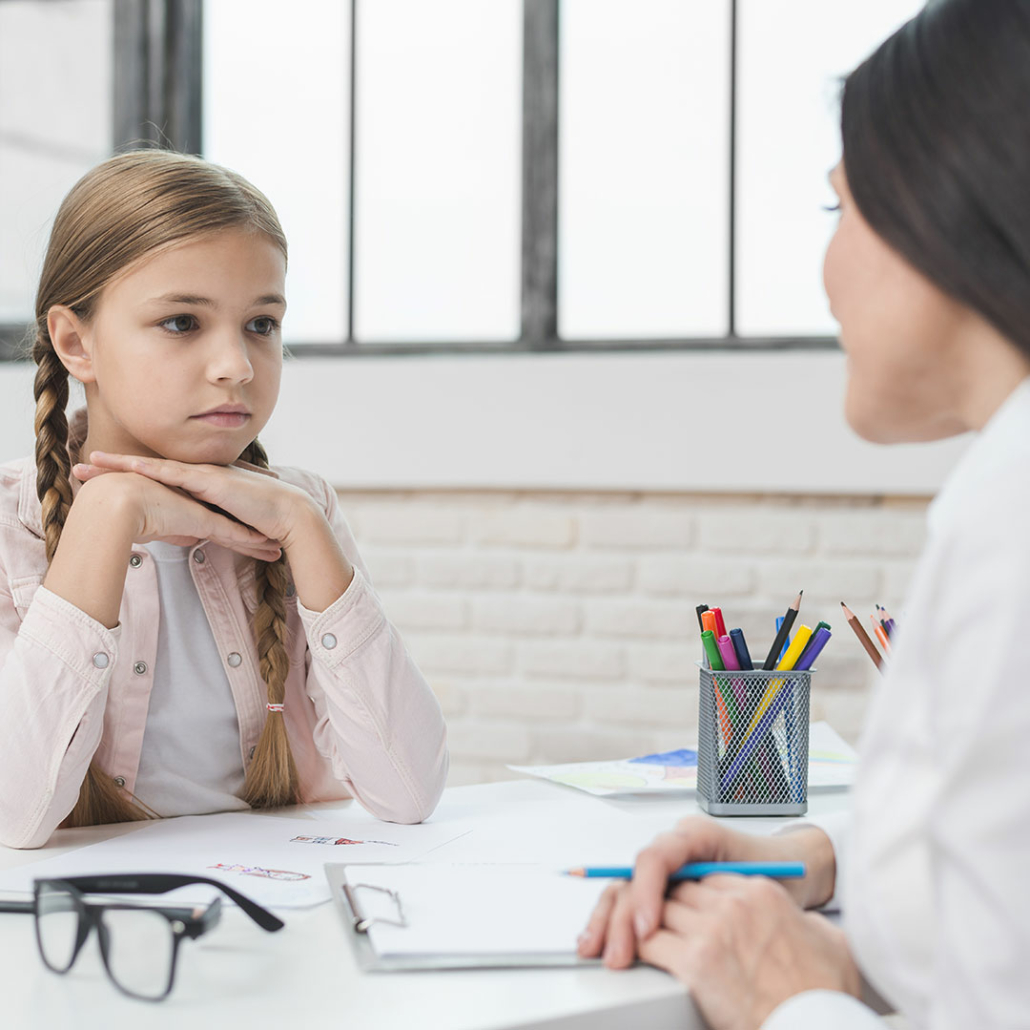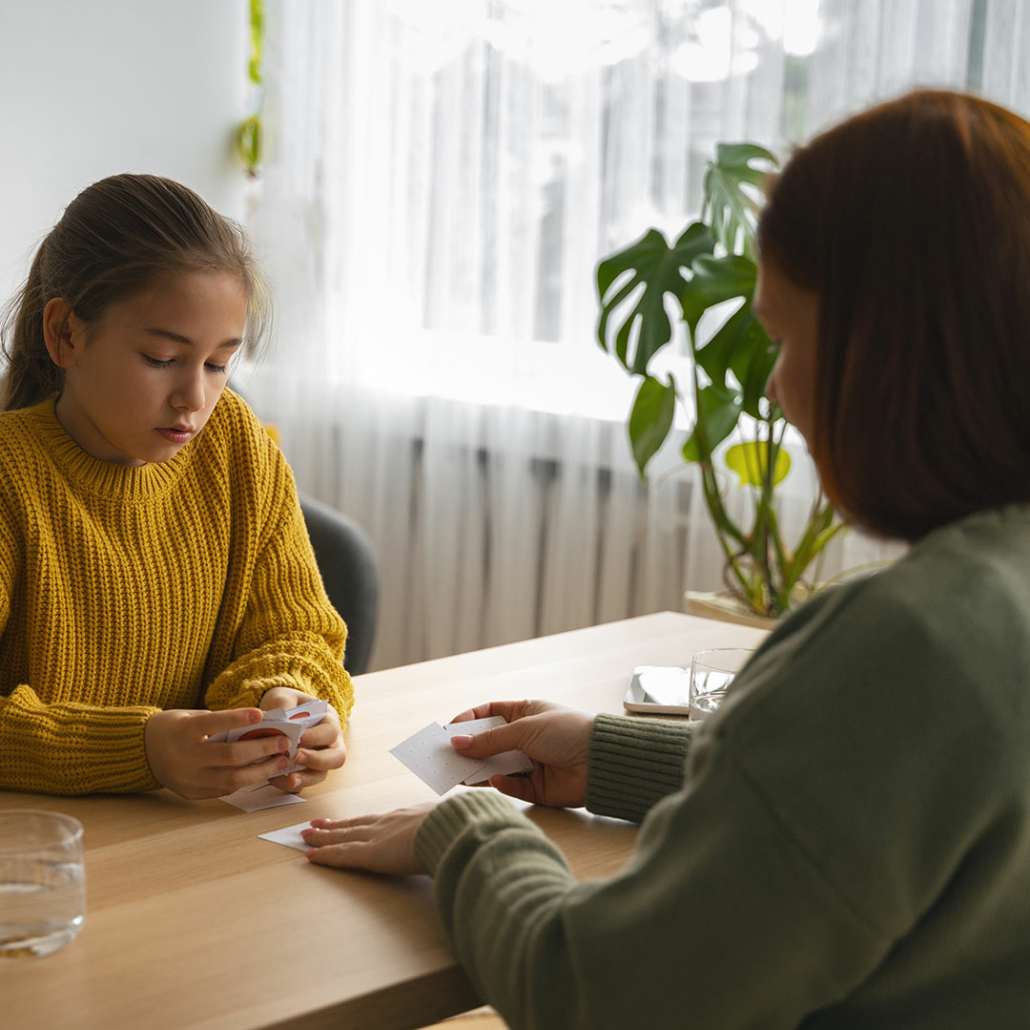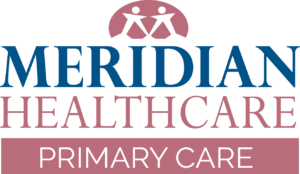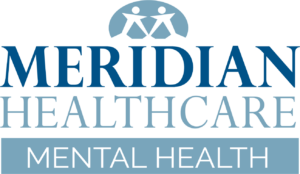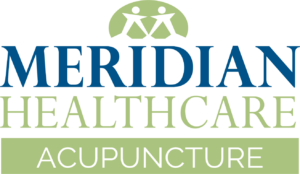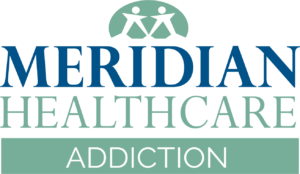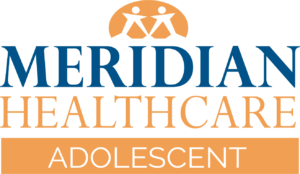When obtaining PTSD support, counselors talk with your child to determine exactly what kind of treatment and support they need. The exact treatment plan depends on the severity of the disorder. Most treatment options include different types of counseling and, in certain circumstances, medication.
Psychotherapy
Psychotherapy is more than just asking how the child feels. It’s also known as talk therapy and is one of the most effective treatments for post-traumatic stress disorder. Together, the child and counselor discuss the event and how it has affected them. They work through their emotions and learn coping skills.
Trauma-Focused Cognitive Behavioral Therapy (TF-CBT)
TF-CBT is a well-established and evidence-based approach designed to help children process and cope with the trauma they experienced. The child learns how the trauma affected their thoughts, feelings, and behaviors as well as coping skills.
Support Groups
Support groups allow people to talk about their emotions with others who understand, since they are going through similar situations. (Children ages determine whether or not participating in a support group is realistic, though.) Younger children may not benefit from this treatment option because they are still learning how to communicate their emotions. Support groups are beneficial for young people with shared experiences.
Medication
In certain situations, medication may be part of a treatment plan for PTSD. However, medication alone does not treat post-traumatic stress disorder. Children taking medication for anxiety or depression symptoms caused by PTSD should also see a counselor.



